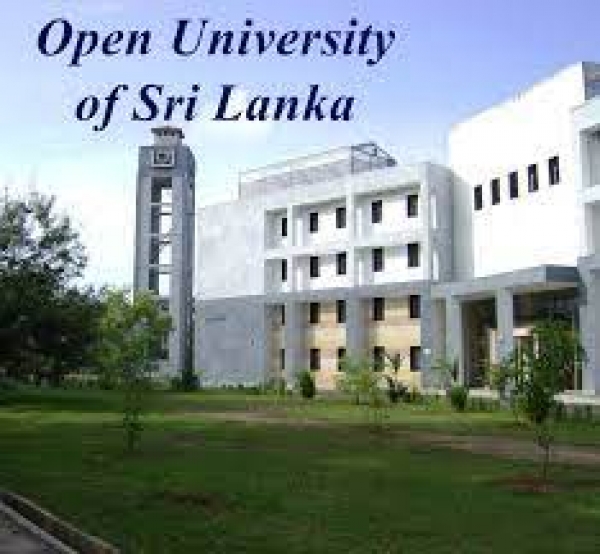The Open University Teachers' Association (OUTA) has issued a press release condemning the government's involvement in the selection process for the post of Vice-Chancellor.
'OUTA wishes to express its strong opposition and alarm at the arbitrary rejection of the Vice Chancellor shortlist of the university by the Presidential Secretariat,' the statement read. 'As the term of the current Vice Chancellor ends on 23rd June 2021 the university began the process for identifying and selecting a successor almost 6 months ago. This is a nationally advertised competitive selection process during which candidates are screened by two independent panels. One panel consists of five members drawn from the academic community, state administration and the private sector.'
'The applicants shortlisted by this panel subsequently make presentations in front of the University Council – the supreme body entrusted with the governance of the university under the 1978 Universities’ Act – and thereafter the Council nominates three names to the UGC which in turn sends these names to the President to make a final selection. However, in this case the Presidential Secretariat has created confusion and crisis by informing the university through the UGC that all three names are rejected and that the position needs to be re-advertised – no reasons for the rejection of the list were given.'
'OUTA believes that this sets an extremely dangerous precedent for the university system as a whole. Though the academic community opposes the currently used Vice Chancellor selection system – and FUTA (Federation of University Teachers Association) has officially communicated its opposition to the UGC and higher authorities because it undermines the role of the Council by appointing a committee with outsiders who have no stake in university governance – OUTA believes that the system in place and the system under which the nomination list was selected needs to prevail. Basically, the OUTA position is that government needs to follow its own rules. Arbitrary executive interference with this system can lead to a chaotic situation where systems and processes of governance become irrelevant.'
'We strongly urge the government to immediately reverse its decision to arbitrarily reject the shortlisted candidate list for the Vice Chancellor position of the Open University of Sri Lanka,' the OUTA said, adding,'We also urge the government to allow the existing process to proceed because re-advertisement and repetition of this process will cause significant delay and create a vacuum in the top leadership position in the university resulting in adverse impacts on the functioning of the entire university. OUTA also believes there is strong evidence to suggest that the rejection of this list was based on political interference and therefore creates a dangerous precedent for the entire university system. Therefore, we call upon all concerned about higher education in Sri Lanka to urgently intervene and seek justice and ensure that transparency is ensured in this vital appointment to the top administrative position of a national university.'










